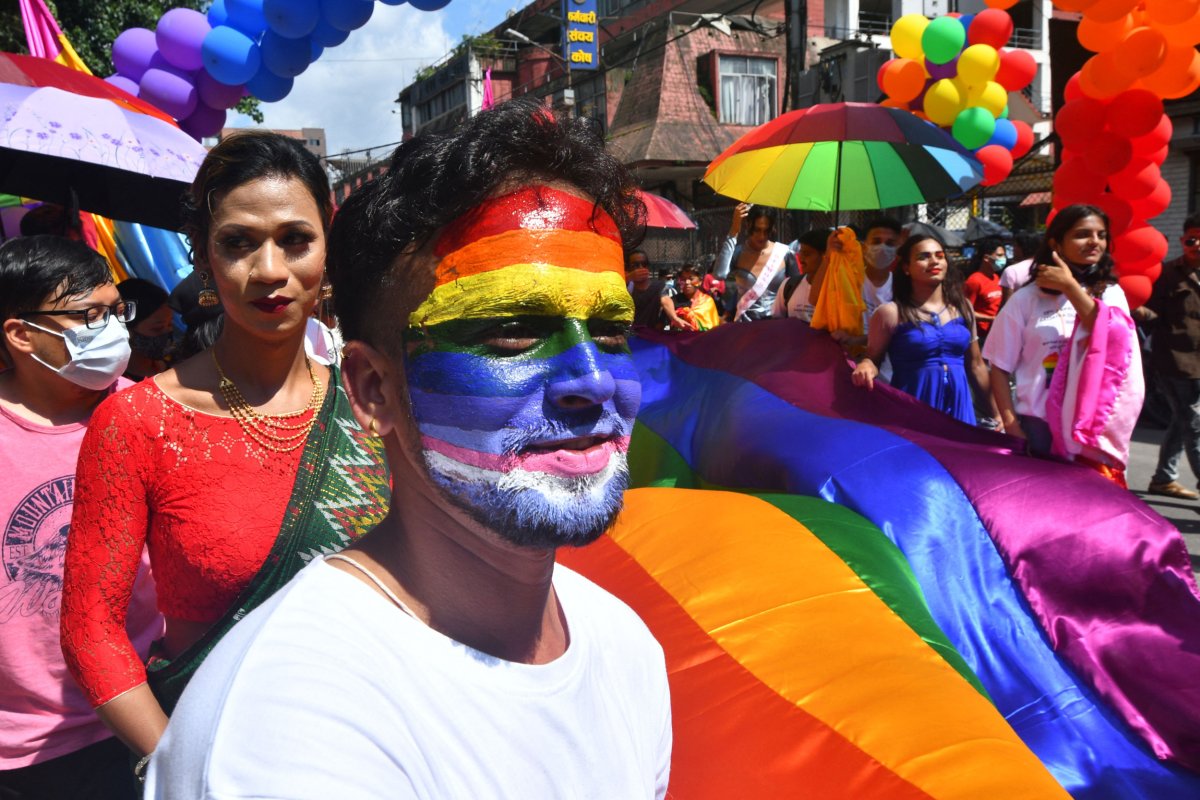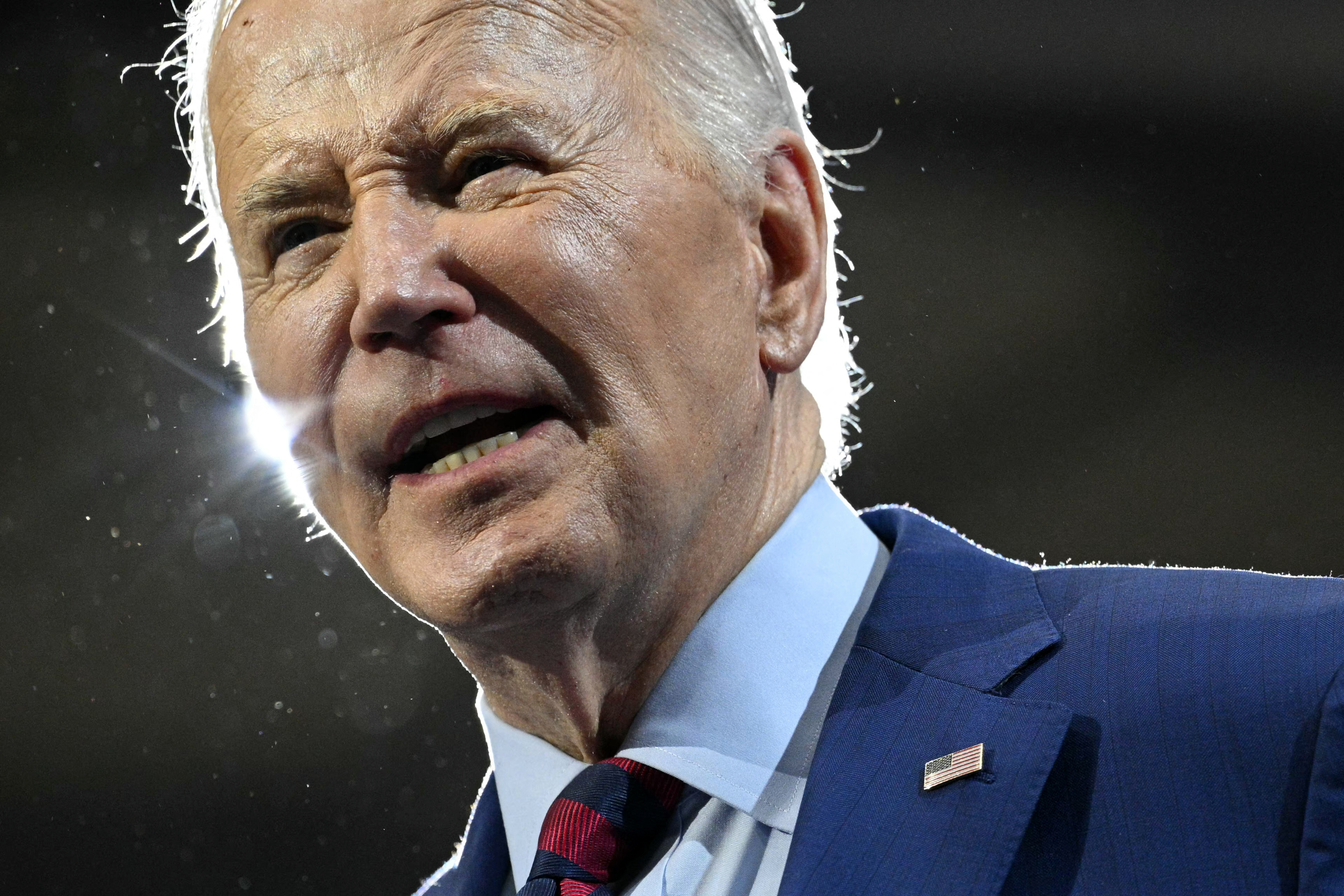As both a campaigner for the rights of marginalized communities and a former parliamentarian, I know too well that progress is not linear, and law reform hurdles are often immense and time consuming.
The escalation of punitive laws and increasing backlash against the LGBTQ community demonstrates the devastating impact of state-sponsored persecution of marginalized people on efforts to tackle diseases like HIV by blocking affected populations from accessing the care we need. Countering this kind of animus, enabling access to care, and dismantling structural barriers require ground-up efforts, led by the very people targeted by discriminatory laws and policies.
In my home country of Nepal, the progress we've made from institutionalized discrimination to reform offers both lessons and hope that change is possible. It was less than 20 years ago that members of the police slit a transgender woman's throat after forcing her to perform oral sex, and days later, dozens of LGBTQ campaigners were detained for weeks without charge. Today, people in that position would have protections that seemed impossible only years ago.
By engaging and supporting marginalized people, activist organizations like Blue Diamond Society, which I founded in 2001, laid the groundwork for Nepal to decriminalize gender and sexual minorities in 2007, and more recently begin moving toward the legalization of gay marriage. As an elected member of Nepal's Constituent Assembly between 2008-2012, I saw the effectiveness and influence that came from being inside the halls of power. I was able to push through LGBTQ issues and ultimately draft a reformed constitution with equality at its core.
Alongside the evident need for representation of marginalized groups in politics, I urge policymakers to follow these three key principles for the improved rights and health of their people.
First, construct strong legal and policy frameworks. I've observed first-hand as a politician and as an activist, the power of laws and policies grounded in human rights to deliver meaningful, positive impacts in the day-to-day lives of LGBTQ people. In 2007, after successful petitioning by Blue Diamond Society, the Supreme Court of Nepal ordered that the government must protect LGBTQ people and change laws that amounted to discrimination. The directives warned the police that harassment would not be accepted and led to a boost in self-confidence for the LGBTQ community.
Second, follow examples of progress. Heeding the advances made by other countries provides a view into what can be achieved when equality and non-discrimination are prioritized on political agendas. South Africa's pioneering protection of the LGBTQ community was an illustrative case study for activists in Nepal. The provisions on non-discrimination that were enshrined in their constitution offered an exemplar for Nepal to emulate in its own constitution. We hope that the progress made in Nepal—albeit slow at times—may serve as an example of equality and inclusion for other countries.

And finally, trust affected communities. This may seem obvious, but time and again I have seen examples of policymakers who support the decriminalization of same-sex relationships fail to engage fully with the people most impacted. Repeatedly, success in our movement was derived from direct lobbying to policymakers; by providing a window into the challenges faced by LGBTQ communities, decision-makers could understand what was needed for reform. The Supreme Court's ruling in favor of equal rights for all sexual and gender minorities followed the testimonies of members of the LGBTQ community who had been subjected to cruelty and ridicule, a much-needed personal touch on an issue that can seem abstract for many.
The advances made in Nepal are promising, but recent developments show that progress can be tenuous and that more must be done to protect LGBTQ people. Armed with the three principles outlined above, I urge both advocates and policymakers to look locally, regionally, and globally to find new and collaborative ways to strengthen the work of LGBTQ people—including by further strengthening solidarity and leveraging shared experiences across marginalized communities, including those impacted by HIV. This also includes supporting emerging leaders.
Maya ko Pahichan, or Recognition of Love, is a new organization in Nepal that has quickly become the face of the marriage equality struggle, as they work to increase the active participation and inclusion of LGBTQ individuals in the political sphere. The SCALE Initiative, a partnership led by the United Nations Development Programme (UNDP), is but one good example of the importance of multilateral support for the local leadership of people living with HIV, LGBTQ people, and other key populations.
As Nepal's experience shows, progress is possible when we let communities lead. I urge policymakers worldwide to heed this advice and listen to those voices that are too often left behind. There are undoubtedly things I would have done differently during my time as a member of Parliament in Nepal, but standing up for the human rights of the people I served is something I will never regret.
Sunil Babu Pant is the founder of Blue Diamond Society and served as Nepal's first openly gay member of Parliament from 2008-2012.
The views expressed in this article are the writer's own.
Uncommon Knowledge
Newsweek is committed to challenging conventional wisdom and finding connections in the search for common ground.
Newsweek is committed to challenging conventional wisdom and finding connections in the search for common ground.
About the writer
To read how Newsweek uses AI as a newsroom tool, Click here.








